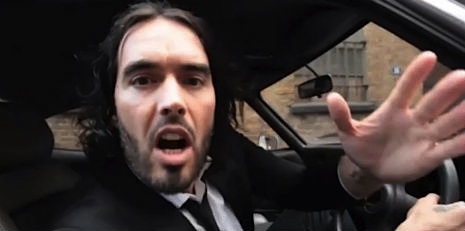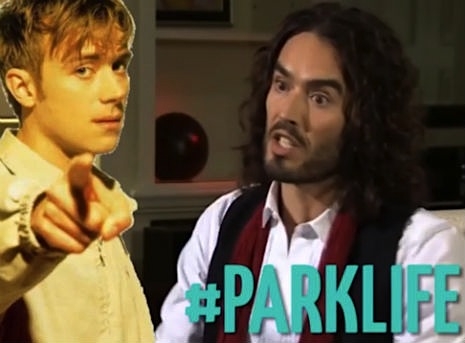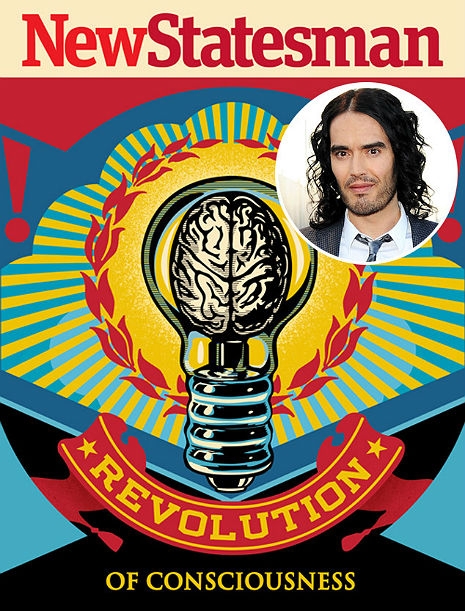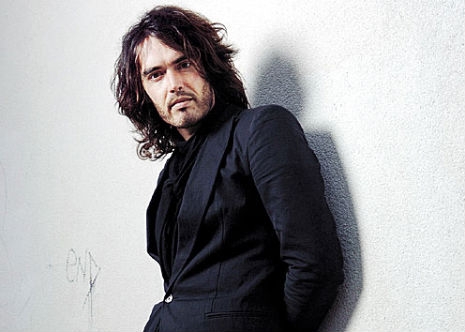
Most Americans pay absolutely no attention to British politics, and frankly why should we? Our politicians are actual goddamn sideshow freaks, whereas the UK just has a bunch of drips, simps and wimps with only one actual lunatic in the person of Ukip’s unhinged dingbat, the Palinesque (and I don’t mean Michael) nincompoop Nigel Farage. BORING.
I do follow British politics (I lived there for a while during the Thatcher era) and like many actual Britons, I too believe this is one of the most important elections for the country in our lifetime. The UK is most assuredly at a pivotal juncture politically, with issues of wage stagnation, structural unemployment, immigration, the conservatives’ much hated NHS reform, affordable housing, tax cuts for billionaires and many, many other serious matters seeing that this election has an extremely high level of public awareness.
Again, most of my fellow countrymen couldn’t care less about any of that stuff, but now they have a reason to pay attention because there is a celebrity angle: Comedian and social activist Russell Brand has done a bit of a U-turn and decided that INDEED there is a reason to vote and he’s throwing his support behind the Labour Party and Ed Miliband. If you’re reading this and thinking, “Big deal, some celebrity big ups a politician, who cares?” Owen Jones writes at the he Guardian that “Brand matters” and why the comedian’s surprise endorsement of Miliband should have the Tories quite worried:
And however much bluff and bluster the Tories now pull – maybe more playground abuse from David Cameron, who called Brand a “joke” – his endorsement of Labour in England and Wales will worry them. More people have registered to vote than ever before: between the middle of March and the deadline to register, nearly 2.3 million registered, over 700,000 of them 24 years old or younger. In countless marginal seats, disillusioned voters who were either going to plump for a protest party or not vote at all could well decide whether we are ruled by David Cameron, George Osborne and Iain Duncan Smith for another half a decade.
Even in a country as large as America, 2.3 million newly registered voters *SNAP* like that in would be seen as a somewhat staggering number, so in a nation the size of Great Britain, this should be seen as an incredibly significant development. Russell Brand’s opinions matter to young people, even if, it would seem, that (happily) many of them ignored his “Don’t bother voting” hectoring last year that he obviously doesn’t even believe himself anymore.
And don’t think any of this is lost on the current resident of #10 Downing Street as Prime Minister David Cameron has repeatedly spoken with scorn at Brand’s surprise endorsement of his political rival. In recent weeks this race has gone from merely tight to a real who-knows-what’s-going-to happen nailbiter and he knows it. Politically speaking, tectonic plates are shifting in Great Britain, this just makes the situation even more volatile.
Brand shot back at the Tory leader:
“David Cameron might think I’m a joke but I don’t think there’s anything funny about what the Conservative party have been doing to this country and we have to stop them.”
Standing ovation!
We’ll soon see how these newly registered voters tip the scales politically in the UK, but just hours away from the vote, the flux and uncertainty of the situation is impressive to say the least. Brand’s last minute endorsement of Miliband, and the effect this might have on the election’s outcome, is interesting to contemplate. Even if you’re only tuning in now and following the broadest strokes of the horse race, it’s worth paying attention because all bets are truly off.
Let’s hope Brand gets a chance to meet with Bernie Sanders soon, eh? Keep it inneresting, mate!











